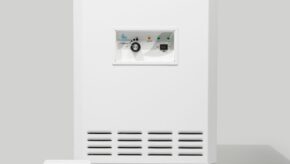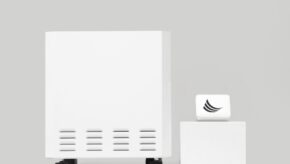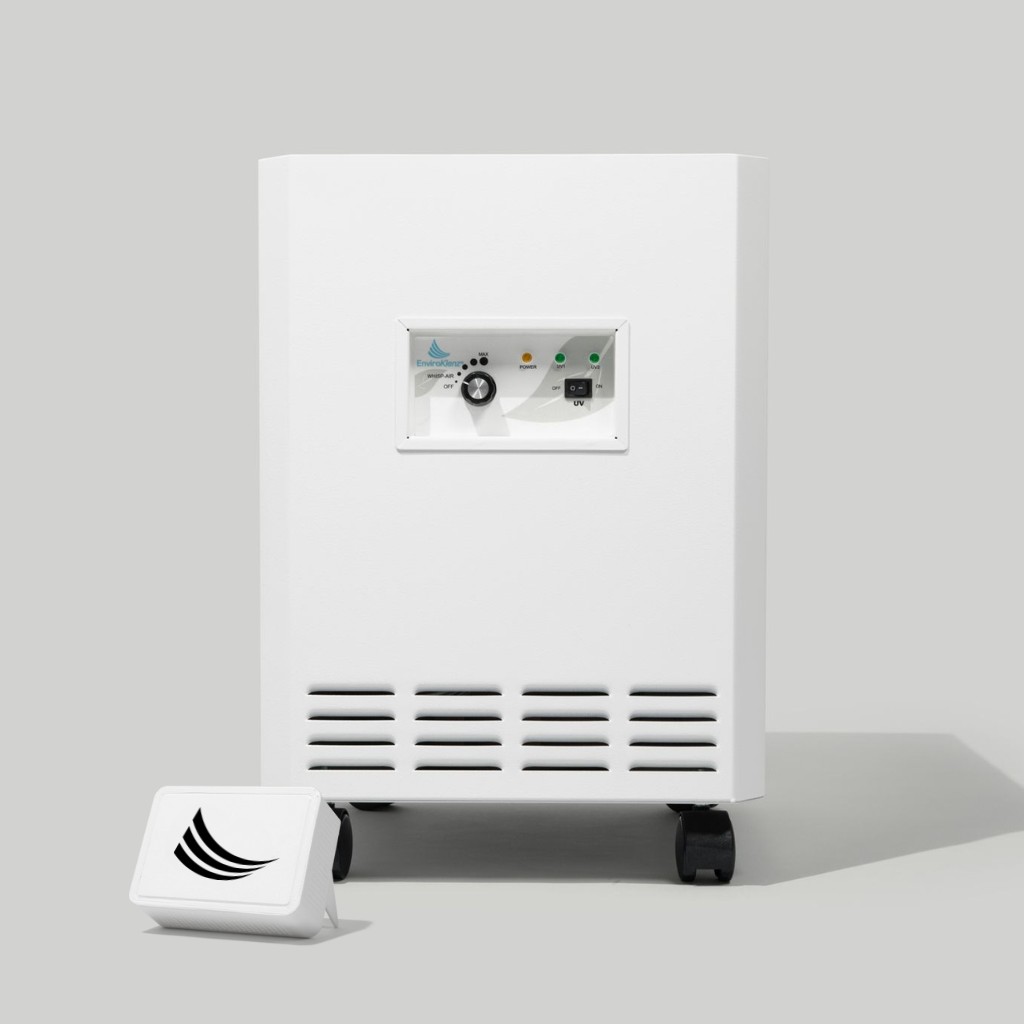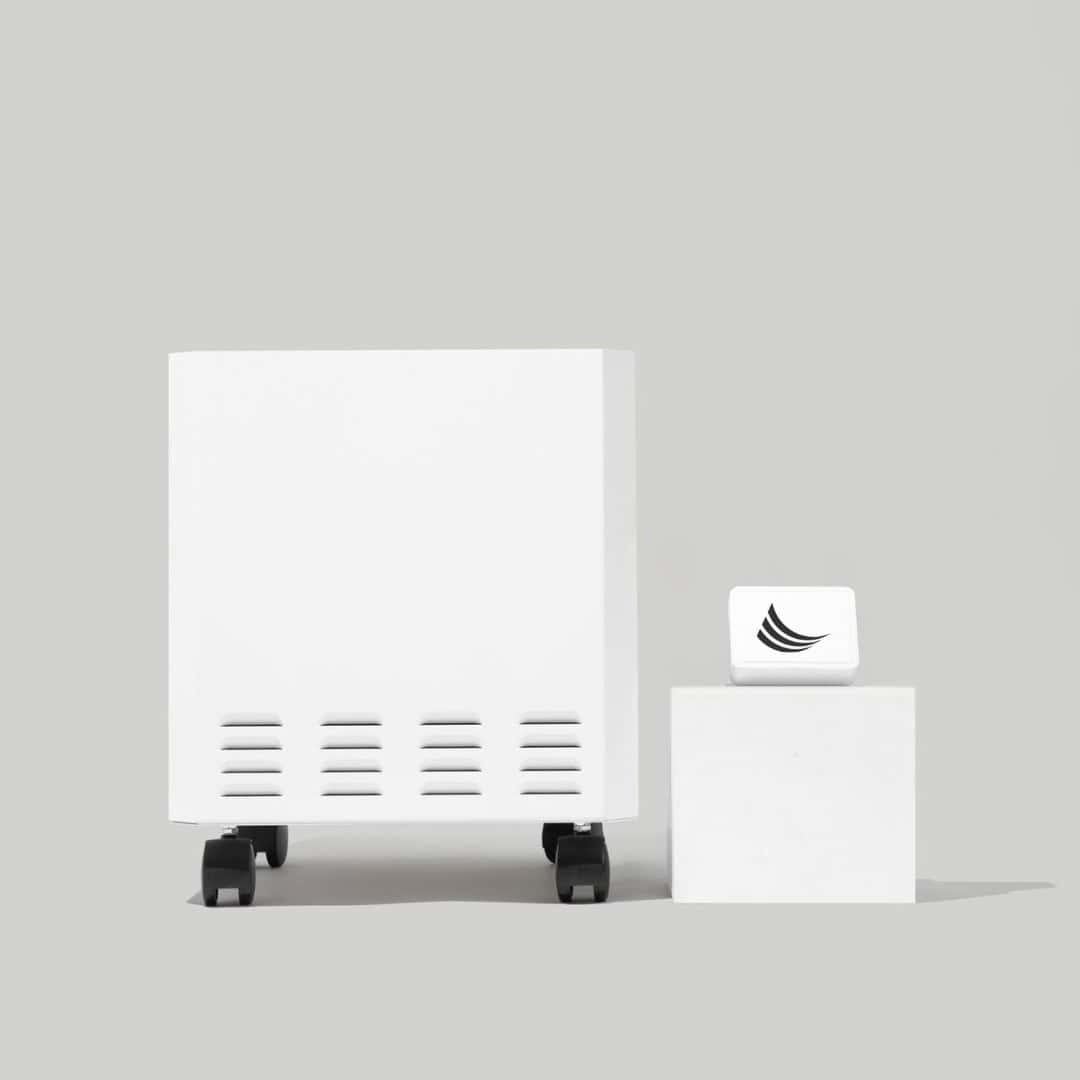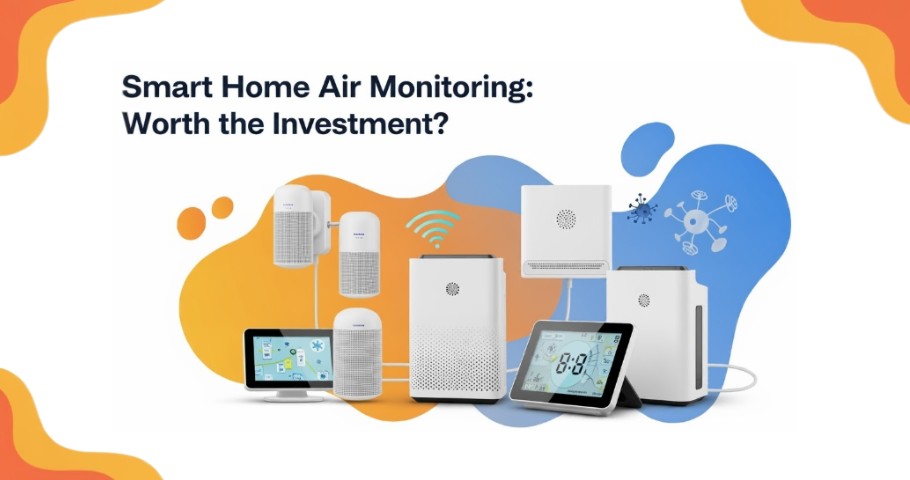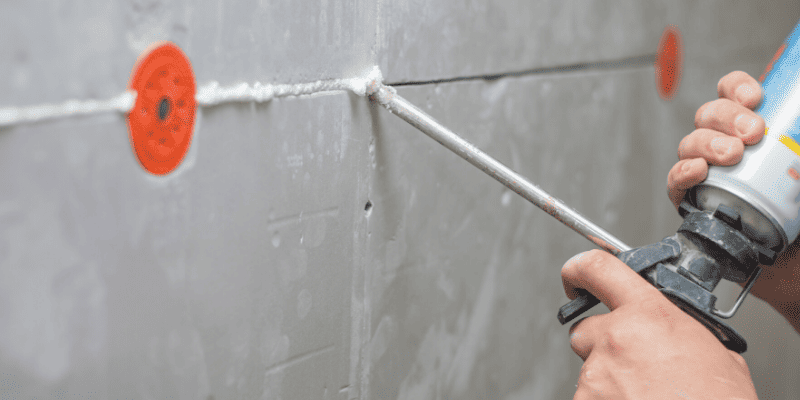Many homeowners will thoughtlessly have spray foam insulation installed or applied inside their home’s due to its keen ability to insulate your home, however, is spray foam insulation safe to install inside your home or could you be adding a toxic building material to your indoor environment? Spray foam insulation has been used for years, decades even without much thought to its potentially toxic characteristics that can infiltrate your home as the material is added to the building structure. This material has been found to contain an array of toxic chemicals in its construction including a well-known irritant that has been found to exacerbate many health issues when long exposure to this chemical compound occurs in an indoor environment.
Spray foam insulation is usually constructed of both polyurethane and isocyanates – and these chemicals form a foam that can be applied to surfaces in a home that require insulation. As the foam is applied directly onto the surface in a thin layer, it will quickly work to expand into a foam that will fill the large areas left unobstructed and form a tight seal. Although this is an effective insulation method, the material may produce and emit hazardous chemicals into the indoor air space which will lead to a potentially volatile environment.
In this article we are going to learn more about why spray foam insulation may not be the safest insulation material and discuss what can be used to remove spray foam insulation material from a home safely.
Spray Foam Safety
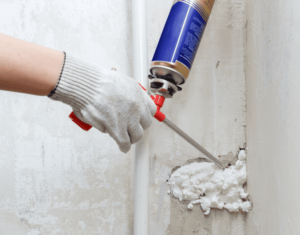 The installation of spray foam is often done to help insulate a home and bring the energy cost down throughout the space – which many homeowners look for in a good insulation material. However, although it contains many benefits which is why so many homes used this insulation material for years, the safety of this material has been put into question, especially when it comes to the proper installation of this building material in the home. When polyurethane spray foam is improperly installed within the confines of an enclosed environment, like a home, it can create a safety concern to the health of the individual installing the material and also to the occupants that are exposed to this environment.
The installation of spray foam is often done to help insulate a home and bring the energy cost down throughout the space – which many homeowners look for in a good insulation material. However, although it contains many benefits which is why so many homes used this insulation material for years, the safety of this material has been put into question, especially when it comes to the proper installation of this building material in the home. When polyurethane spray foam is improperly installed within the confines of an enclosed environment, like a home, it can create a safety concern to the health of the individual installing the material and also to the occupants that are exposed to this environment.
Those workers that are exposed to and that handle spray foam material must use the right protective gear to protect themselves from risky exposure levels – this can include eye, nose, and throat protective equipment, along with body suits to cover exposed skin. In addition, if the spray foam is improperly installed in the home it could create a hazardous environment where the chemical odor produced from this insulation material will last in the environment for a long duration of time and compromise human health upon exposure.
Where Not to Use Spray Foam Insulation
When it comes to spray foam insulation, not all areas in your home should have this building material installed like in areas of the home where heat is conducted. The use of spray foam in areas of a home that produce heat can be dangerous and will ultimately increase the risk of a fire to occur in the environment. The areas that this will include can be house lighting where the spray foam insulation material will trap the heat produced from this lighting and create an environment that may emit smoke and/or fire.
In addition, spray foam should not be used around electrical boxes, or if it is it should be done with the utmost of care. However, when spray foam insulation enters into the electrical box it can cause major issues to the functioning of this electrical item, including jamming up parts and leading it to be a flammable item in your home.
Is Spray Foam Insulation Toxic
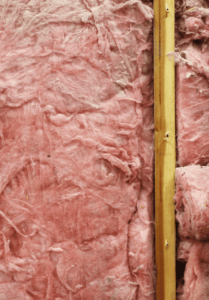 The spray foam toxicity in the environment that many homeowners deal with is caused by the chemical compound structure of this building material that is used throughout the home for insulation. Spray foam contains two chemical compounds that are known to have adverse impacts to human health upon exposure, these chemicals are polyurethane and isocyanates. Isocyanates are a key ingredient in the production of polyurethane, and this chemical is known to be a sensitization disruptor to the human body. When this chemical is released into the indoor air of an environment it will produce heightened levels in the air that will exponentially increase exposure to individuals in this environment.
The spray foam toxicity in the environment that many homeowners deal with is caused by the chemical compound structure of this building material that is used throughout the home for insulation. Spray foam contains two chemical compounds that are known to have adverse impacts to human health upon exposure, these chemicals are polyurethane and isocyanates. Isocyanates are a key ingredient in the production of polyurethane, and this chemical is known to be a sensitization disruptor to the human body. When this chemical is released into the indoor air of an environment it will produce heightened levels in the air that will exponentially increase exposure to individuals in this environment.
According to the EPA, isocyanates can cause skin, eye, and lung irritation, asthma, and sensitization. As this chemical enters into the mucous membranes of the eyes and gastrointestinal and respiratory tract it can begin to cause direct health effects to these parts of the body. Thus, spray foam insulation fumes that are produced into the air can be toxic and must be carefully avoided after its installation.
How Do You Get Rid of the Smell of Spray Foam
After you have installed spray foam insulation inside of your home the spray foam off gassing fumes will swirl within the structure of the building and contaminate the indoor space with its strong chemical odors. Depending on the conditions present in this environment, such as square footage, air flow and ventilation, as well as the amount of spray foam that was applied within the space, the chemical spray foam odors could linger in the air for long after its initial application in the environment. When the spray foam produces these chemicals into the air it can leave the environment in a very volatile space that could impact the health of those occupants living in this indoor space. Ultimately this will leave homeowners to wonder after installing spray foam insulation how long to stay out of the house for before the space is safe for human exposure.
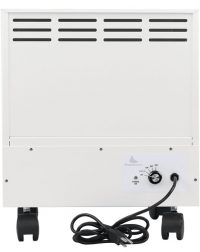 Therefore, when it comes to getting rid of the smell of spray foam insulation fumes in your home, the best solution to integrate will be an effective air purification device, like the EnviroKlenz Air Purifier. EnviroKlenz is unlike other air purification devices, due to its use of a proprietary earth mineral technology that safely and effectively works to mitigate and neutralize noxious and toxic chemicals and odors from the environment completely – including polyurethane chemicals. In addition, the EnviroKlenz Air Purifier also contains a second filtration stage in the purification system for particulate removal, through the use of a hospital-grade HEPA filter for fine particulate removal as small as 0.3 microns in size.
Therefore, when it comes to getting rid of the smell of spray foam insulation fumes in your home, the best solution to integrate will be an effective air purification device, like the EnviroKlenz Air Purifier. EnviroKlenz is unlike other air purification devices, due to its use of a proprietary earth mineral technology that safely and effectively works to mitigate and neutralize noxious and toxic chemicals and odors from the environment completely – including polyurethane chemicals. In addition, the EnviroKlenz Air Purifier also contains a second filtration stage in the purification system for particulate removal, through the use of a hospital-grade HEPA filter for fine particulate removal as small as 0.3 microns in size.
Mobile Air System
✓ Patented earth mineral technology works to attack VOCs and break them down on a compound level
✓ No chemicals or masking agents
✓ Will not release any chemicals back into your environment
✓ Safer and faster at removing VOC’s than traditional carbon filters and PECO air purifiers
